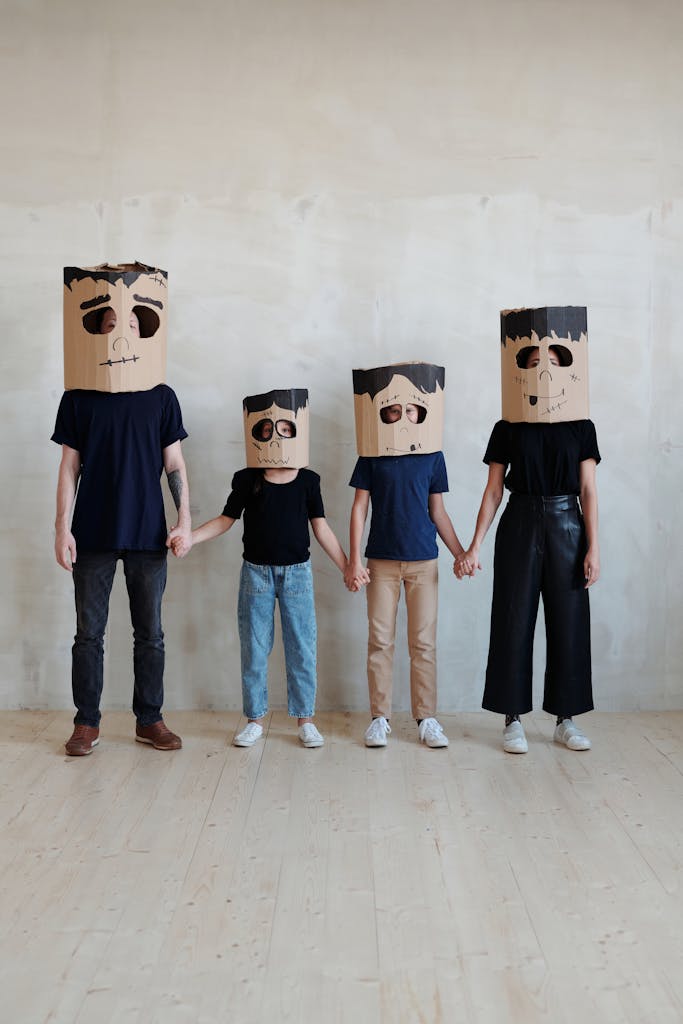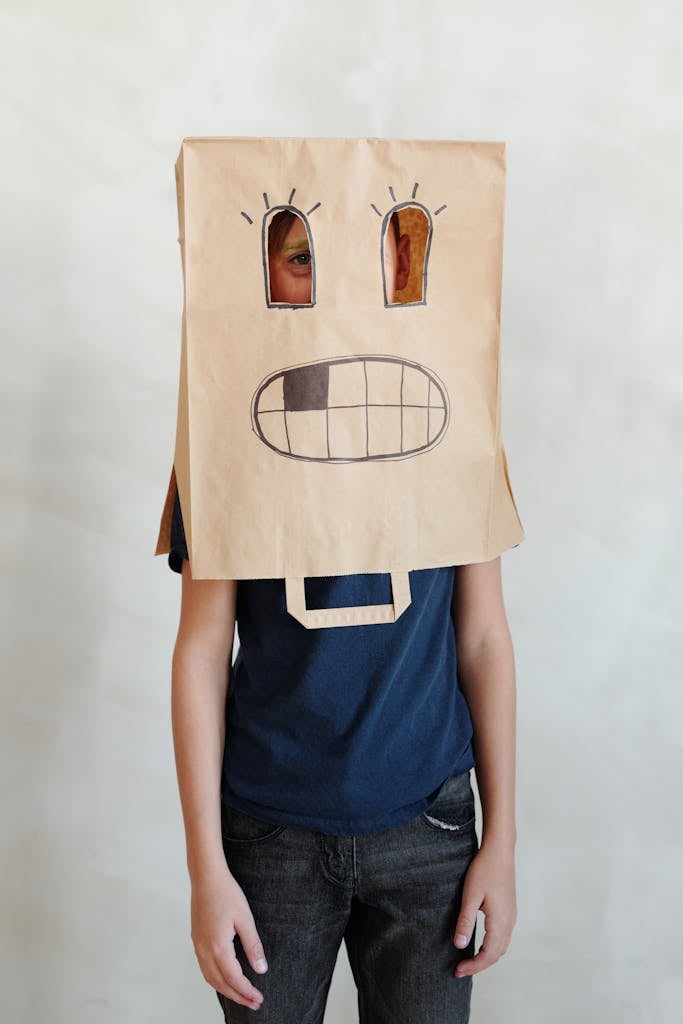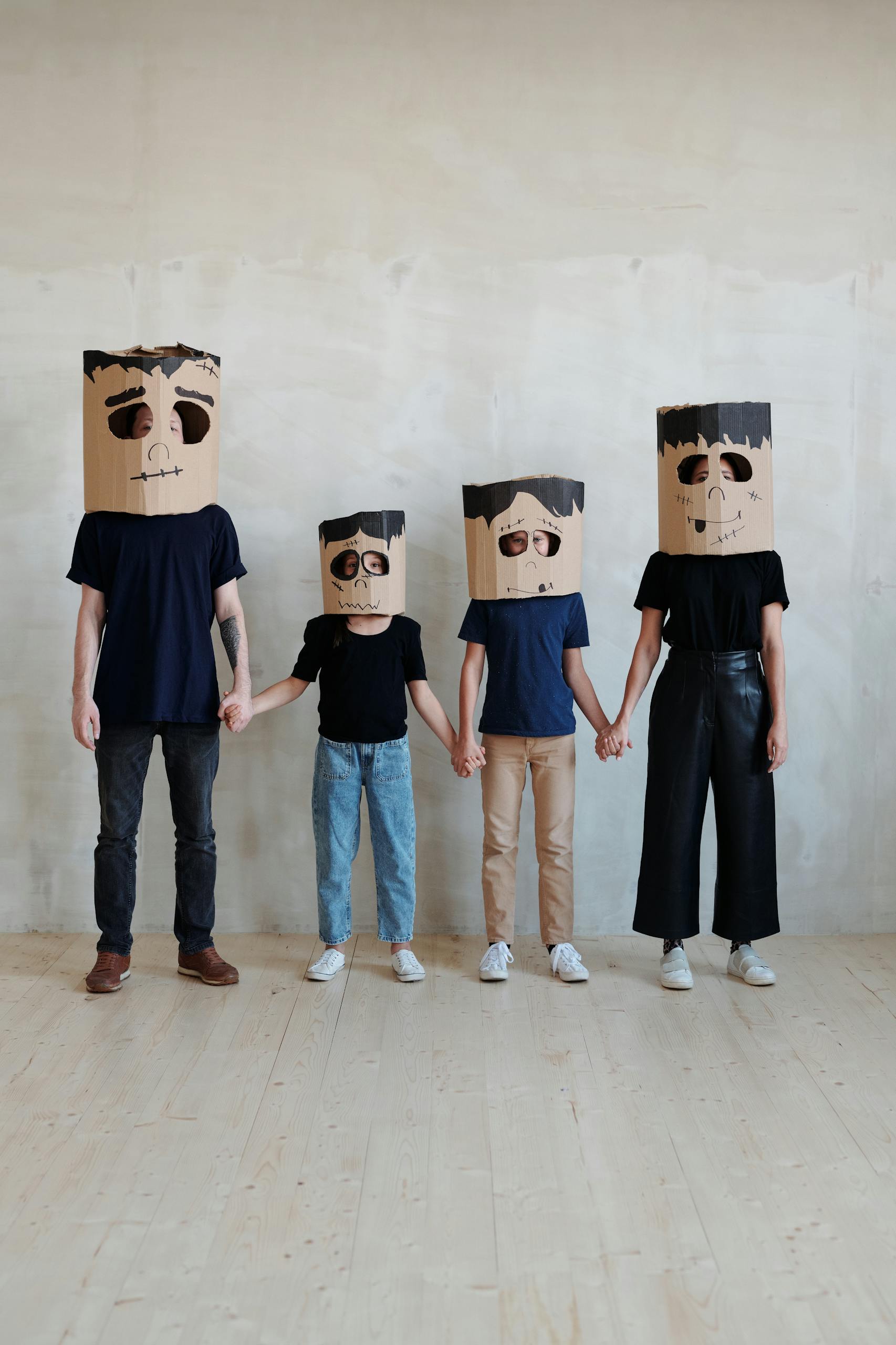When Kids Spill the Family Secrets: A Hilarious Journey
“Out of the mouths of babes,” they say. And as any parent –Pagan or not–can attest, children have a knack for speaking the truth and spilling the family secrets. When they do, it can be a hilarious journey. Often, it’s a delightful surprise—other times, it’s a bit more information shared than you’d planned. Navigating these unfiltered moments of youthful honesty can be tricky, but it can also be quite funny, if you go into it with a proper frame of mind.
My children are all grown with children of their own now, and I’ve long since lost track of how many times they embarrassed me in public as young children by spilling the family secrets. But, much to my absolute delight, history has begun repeating itself as my grandchildren do the same, and it’s now my daughters who are the ones experiencing that blood-draining-from-the-face feeling of just being publicly outed. I must admit, it’s all great fun to watch from a distance.
From the heartfelt to the hilarious, let’s explore some ways to handle those moments when kids spill the family secrets.

Embrace the Humor
Let’s face it; sometimes the things kids say are downright funny. In their innocence, they might reveal a tidbit about your home life that, while technically a “secret,” isn’t harmful. Perhaps they’ll tell their teacher that Mom has an altar with a skull, or Grandma talks to the full moon. These moments, though potential sources of embarrassment, are typically seen by others as endearing and innocent. Er…mostly.
Laugh it out: When little ones spill minor family secrets, try to see the humor in the situation. Your laughter will reassure them that they haven’t done anything wrong and help keep the environment light-hearted. It’s easy to laugh and add a one-liner to their chatter, such as “Oh yes! That was a fun Halloween party, wasn’t it?.” But, if you think about it, maybe there’s more good that can come out these awkward situations.
Use It as a Teachable Moment
Children learn by doing and experiencing, which includes those times they say more than they perhaps should. Once separated from mixed company, It’s an excellent opportunity to gently explain the concept of privacy and context.
Explain gently: Point out to your child that while certain stories are fun to share, some things are best kept within the family because they’re special or private and might confuse outsiders. Explain how different families have different faiths and different traditions and sometimes people of other faiths won’t understand your family’s. Make sure to keep the conversation positive rather than punitive and you’ll get a better response.
Create Safe Spaces for Sharing
Children need to know that they can still express themselves freely without fear of reprimand. And it goes without saying that children should always be taught that whenever they don’t feel safe or feel outright threatened or violated by anyone–including family members–they should tell a responsible adult, family or not! Therefore, it’s crucial to establish an environment where they understand when it’s okay to be completely open and when some restraint is necessary. But how?
Encourage open dialogue at home: encourage your kids to share their thoughts and feelings freely while in the safe confines of your home. Discuss the concept of “family secrets about your faith” in a way they can understand—perhaps by comparing it to a fun game where you only share that kind of special information with people who are playing. As long as only game players (relatives or coven members, for example) are around, they can feel free to say whatever comes to mind about witchy or heathen things (for example), but when outsiders are present, the game becomes one about who can keep the special family secrets the best and the longest.

Prepare for Public Outings
Let’s admit it—children can be wild cards. No matter how much you prepare, they might still surprise you in the most public of settings. Heading this off with a bit of prep can make all the difference.
Role-playing: Before heading out, you might try role-playing different scenarios with your child. Discuss what is appropriate to share with friends and polite things to discuss. Make it fun so they remember without feeling pressured or scared. Keep it light and fun.
Learn from Your Children
Sometimes, the unfiltered statements of our children reveal truths about our lives or behaviors we might not recognize ourselves. They tend to reflect (and explain, unapologetically) what they see at home. Maybe we aren’t aware how our actions come across to the little ones. Or, maybe something we did frightened or confused them. Perhaps those actions need explaining and amending?
Self-reflection: Use these moments to reflect on family dynamics and understand how your habits might influence your kids. If your child is bursting with a “secret” that’s causing distress, it might be worth exploring why so that you can take care of the issue or calm their fears around the situation.
Celebrate Authenticity
Finally, always remember that children’s honesty is a natural part of their development. Their perspective, although occasionally mortifying, is refreshingly genuine and simple. In a world that often requires masks and filters, the pure honesty of kids can be a breath of fresh air. Maybe, if the breach was too great, it may be time to consider that the era of keeping your family’s spirituality a secret has come to its natural end. What better way to teach your child to embrace their own authentic self than by openly and bravely embracing your own?
Honor their authenticity: Praise your child for being honest, while gently guiding them toward understanding the nuances of discretion. After all, someday, that honesty can grow into integrity and authenticity—values that will carry them far in life.
In the meantime, handling those times when kids say things they shouldn’t involves a mix of humor, gentle teaching, and self-awareness. Though occasionally quite awkward, these moments provide an opportunity to teach children about privacy, context, and the importance of honesty. And who knows? They might even provide a story that becomes a cherished part of family lore. Imagine the story retold with laughter at your circle gatherings for years to come. Embrace them, because your children will soon be adults, and I can promise you that, like me, you’ll miss them.
Blessed Be.
For more posts on raising little witchlings click here, and for teen witches click here.

